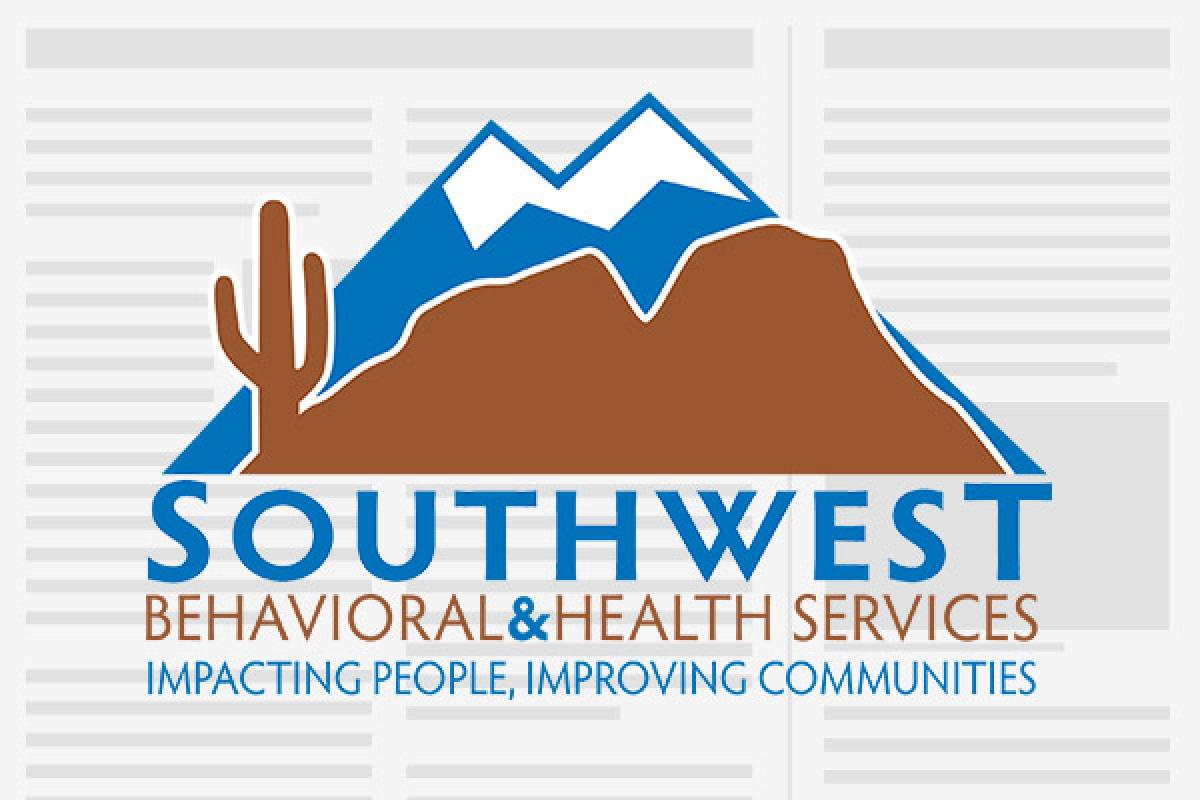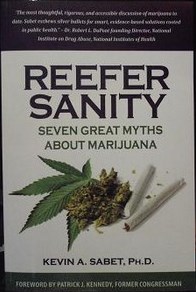

Marijuana is a hot topic these days, with the recent legalization of the drug in Colorado and Washington. Many people are wondering what the big deal about marijuana is, and why it’s illegal. Kevin A. Sabet, author of Reefer Sanity, dives into these issues and talks about the myths of marijuana.
The Seven Great Myths About Marijuana:
(1) Marijuana Is Harmless and Nonaddictive
(2) Smoked or Eaten Marijuana Is Medicine
(3) Countless People Are Behind Bars Simply for Smoking Marijuana
(4) The Legality of Alcohol and Tobacco Strengthen the Case for Legal Marijuana
(5) Legal Marijuana Will Solve the Government's Budgetary Problems
(6) Portugal and Holland Provide Successful Models for Legalization
(7) Prevention, Intervention, and Treatment Are Doomed to Fail--So Why Try?
Sabet argues that the United States should not legalize marijuana with all of its attendant social costs, nor damage the future of marijuana smokers by prosecuting and jailing them. Rather, he contends we should shift our emphasis to education about the newly revealed health dangers of marijuana use, as well as focus on intervention and treatment.
Here at DrugFreeAZ.org, we also like to focus educating the public about marijuana usage, because it is proven fact that it is harmful to you, and that it should not be held in the same categories as legal drugs. Marijuana legalization is a topic that will be discussed for years to come, so start the conversation now with your tweens and teens and continue the dialog as new information becomes available.
Here’s how:
- Learn about the latest trends with marijuana use
-
Plan when you will start the conversation with your tweens and teens
- Open the conversation with a non-judgmental invitation: “I’d like us to all sit down together and talk about marijuana. To get us started, I’d like to know what you already know about marijuana….”
- Ask questions and be sure to listen
- Explain why marijuana is harmful
-
Agree upon a Family Policy about marijuana (and other drug use)
- Ask your tweens/teens what kind of situations might be difficult for them, and then help them with come up with potential solutions, such as a “rescue plan” with you. For example you could use a “code word or phrase” that you child could use when they contact you when they want to get out of a risky situation.













